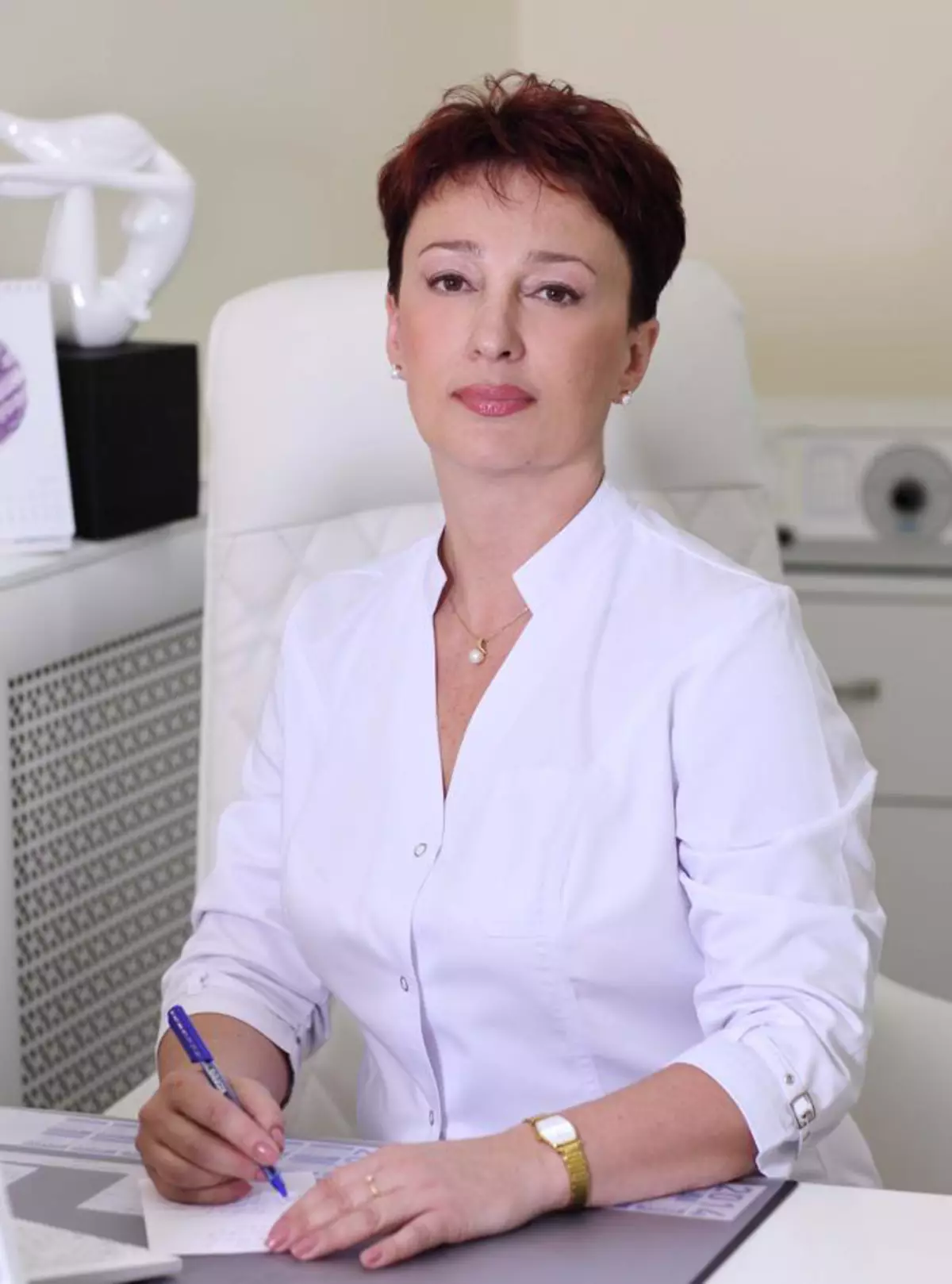Modern life makes its own adjustments to the reproductive behavior of a woman. Many girls first want to get an education, start a career, but only then think about the birth of a child. Accordingly, the age of childbirth is the first and subsequent. Therefore, the question arises on how to preserve reproductive health at the fourth and fifth dozen years of life.
What can be advised to women and girls wishing to follow their reproductive health and keep the ability to give healthy offspring as long as possible?

Anna Kosovskaya
1. Check the health status regularly
Each girl or woman must at least once a year check their female health, visiting a gynecologist. This measure allows you to reveal the diseases of the genital system, other organs, preventing their development at an early stage.
2. Restrand from random connections, timely treat genital infections.
Very serious harm to female health cause sexually transmitted infections. Therefore, the most important thing is that it is possible to advise women, - to beware of random sexual relations, and if they still have a place, it is timely checked by a gynecologist and a venereologist at a timely manner, testing tests, in the presence of infections - to undergo a prescribed treatment.
3. Enter a healthy lifestyle
Abuse of alcohol, smoking, the use of narcotic substances negatively reflects on women's health and are able to lead both infertility and fetal loss. The more healthy lifestyle is leading a woman or a girl, the less risks for its reproductive system, for its offspring. This advice is especially relevant for pregnant women, as well as for those who are going to become pregnant in the near future.
4. Stop proper nutrition
It is not necessary to relate to their nutrition. Proper nutrition in combination with the food intake mode is the guarantee of the health of the entire body as a whole and the reproductive system in particular. It should be avoided fatty, salty, acute foods, products with the addition of chemical preservatives.

Today it is the question of how to preserve reproductive health on the fourth and fifth dozen years of life
Photo: unsplash.com.
5. Refuse excessive sports loads
Sport is not always useful for a female body, especially if we are talking about such contraindicated sports for girls and women's sports as bodybuilding, weightlifting. In women dealing with these sports disappears fatty tissue, steroid hormones accumulate, which is very negatively affected by the reproductive function.
6. Follow the underwear
It is worth paying considerable attention to the melting linen, including its quality and appearance. Do not save on underwear, acquiring products from cheap low-quality materials, as well as chase at the fashion imposed by erotic mass culture: the same thongs cause considerable harm to the feminine body.
7. Avoid abortion
In the era of the developed contraception, women and girls have all the conditions in order not to bring themselves before the abortion. But these operations, unfortunately, are still very common. Abortion makes particularly great harm to reproductive health, if a broken woman is performed for the first time. Subsequently, she can generally lose the opportunity to have children.
8. Maintain optimal body weight
Anorexia, as well as obesity, has a negative impact on the female organism and on its reproductive function. In the case of anorexia, a woman has disruptions of the menstrual cycle, problems in order to become pregnant, as well as with the enjoyment of the fetus, with childbirth. At the same time, the reverse side of the medal - obesity - most often accompanied by the presence of various chronic metabolic diseases, cardiovascular system, liver, kidney, which also negatively affects the body.
Thus, the presence of medical control, the absence of bad habits and healthy, the harmonious lifestyle are the main components of the reproductive health of the woman.
